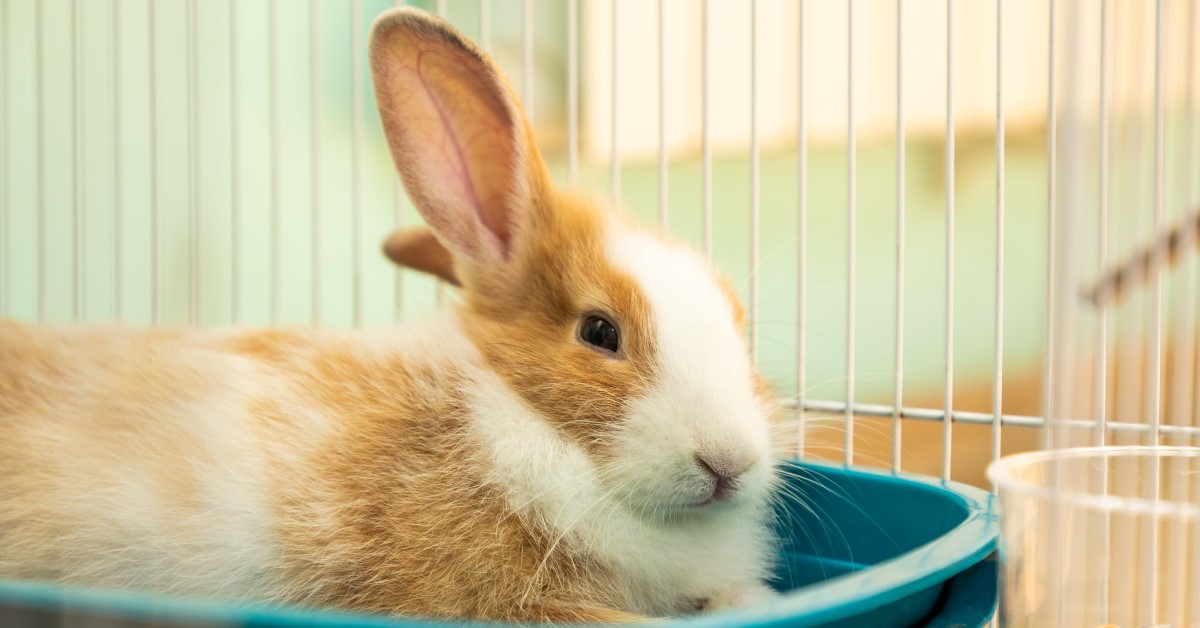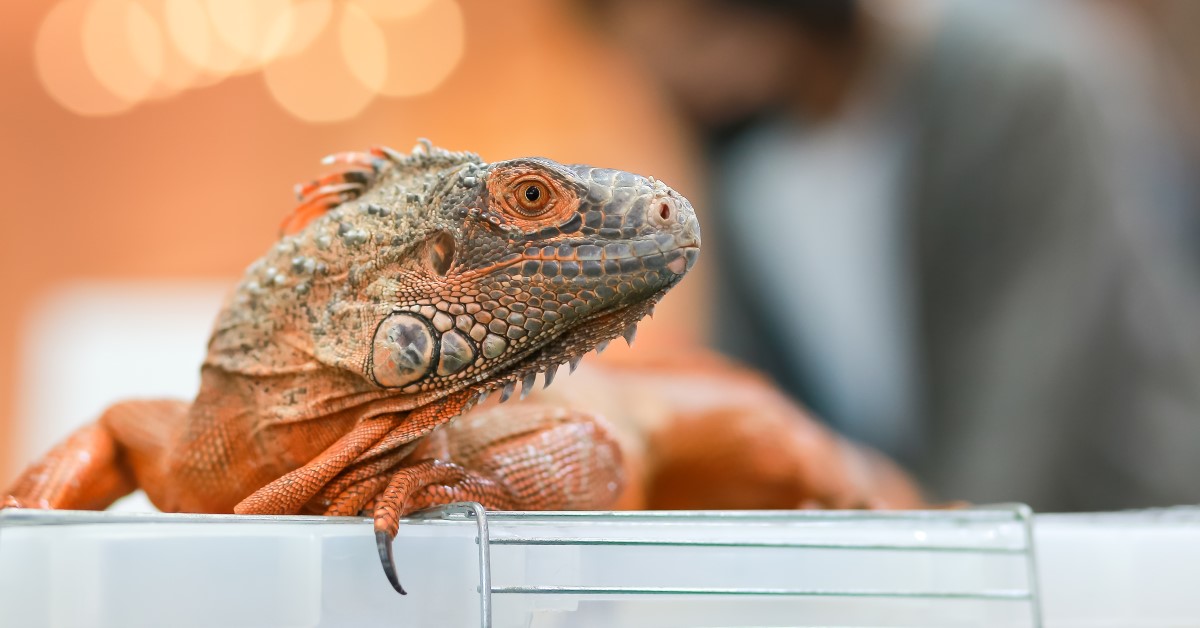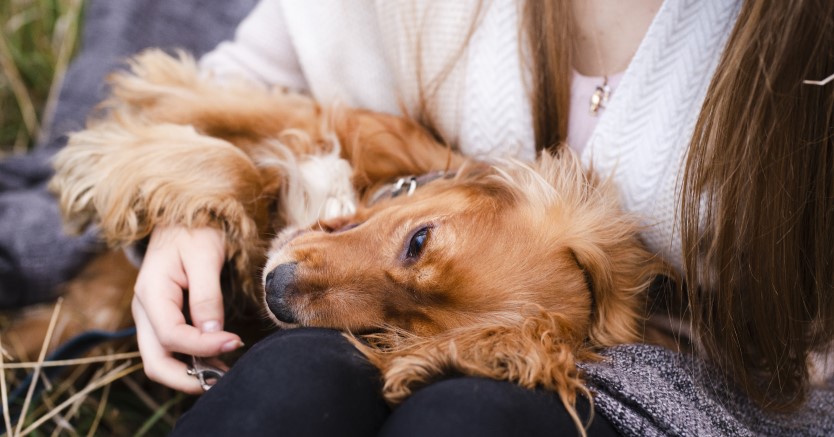Ask Dr. Jenn: Does my Rabbit have Hemorrhagic Disease?
My friend's rabbit died suddenly, and her vet said some virus caused it. What can you tell me about this virus? Can it be prevented or treated?

Your friend's rabbit most likely died from Rabbit Hemorrhagic Disease Virus (RHDV). RHDV is a highly contagious virus that affects both wild rabbits and domesticated pet rabbits. There are multiple strains of RHDV, and it is found throughout the world. The RHDV2 strain currently affects domestic and wild rabbits in the US, particularly in the West and Southwest.
The virus that causes rabbit hemorrhagic disease is very easily transmitted from rabbit to rabbit. Very brief contact, even just two rabbits sniffing each other, is enough to transmit the virus. Transmission can also occur through fomites – objects or materials that contain virus particles – such as bedding food bowls, water bottles, and even on the hands of caretakers.
Rabbit Hemorrhagic Disease causes internal bleeding in infected rabbits, affecting mainly the liver, heart, and lungs. Death occurs either from severe blood loss or liver failure. Mortality rates vary and have been reported anywhere from 5% to 70%.
The virus's effect on rabbits is also variable, and the disease is classified into different forms.
The peracute form progresses very rapidly, so rapidly, that sudden death may be the only sign. Affected rabbits can die within hours of the onset of the disease. Rabbit caretakers report that their healthy rabbit just hours earlier is now dead with blood around the nose or back end.
In the acute form of the disease, clinical signs will progress within 12 hours. Rabbits are lethargic and lose interest in food. They may develop a fever and discharge from the eyes and nose. Unfortunately, these are very vague signs found with many other rabbit illnesses, making early diagnosis challenging. As the disease progresses and bleeding occurs in the lungs, rabbits often struggle to breathe, and their gums may appear blue from lack of oxygen. They may develop neurologic signs, such as tremors or seizures. Many rabbits will die 24-72 hours after the onset of signs.
The chronic form of rabbit hemorrhagic disease also causes lethargy, fever, and a loss of appetite, again vague signs similar to other rabbit diseases. In the chronic form of rabbit hemorrhagic disease, signs are less severe initially than with the acute form. The disease may progress to death one to two weeks after infection, but many rabbits can recover.
The asymptomatic form of the disease usually only occurs in young rabbits, most under eight weeks of age. They may show minor signs of illness, such as a bloody nose, but otherwise do not act sick. They continue to eat, have lots of energy, and grow normally. Many of these young rabbits will develop lifelong immunity to the particular strain they were infected with but are still susceptible to other strains of RHDV.
There is no cure for rabbit hemorrhagic disease. Treatment is supportive care – trying to keep the rabbit hydrated, fed, and free of other diseases while his body fights off the infection. Prevention is the best way to control the spread of this virus. Because it is so easily transmitted, sick rabbits should be isolated immediately. All materials that have come in contact with a sick rabbit should be properly disinfected, and handlers should wear proper PPE to prevent the spread.
Rabbit Hemorrhagic Disease is a tragic and devastating disease that strikes fear into anyone with a pet rabbit. But there is hope on the horizon. In September 2020, the FDA granted emergency authorization for a vaccine against RHDV2. Efficacy of the vaccine has been reported at 90% after a two-dose series. Because the vaccine is still under an emergency authorization, certain protocols may need to be followed for the vaccine. Ask your veterinarian where you can get your rabbit vaccinated and the risks associated with the vaccine.
Until your rabbit is fully vaccinated, I recommend you keep him away from other rabbits. House him inside so that he doesn't come in contact with any wild rabbits. Wash your hands well before handling your bunny, and make sure all food and water dishes are properly disinfected before placing them in his hutch. If your bunny shows any sign of illness, take him to your veterinarian right away.
Ready to start saving money on pet wellness care?
Then take a look at Mint Wellness, the pet wellness plan that provides fast reimbursement on routine pet care. Save on vaccinations, wellness exams, preventatives, dental, and more!
Learn More


